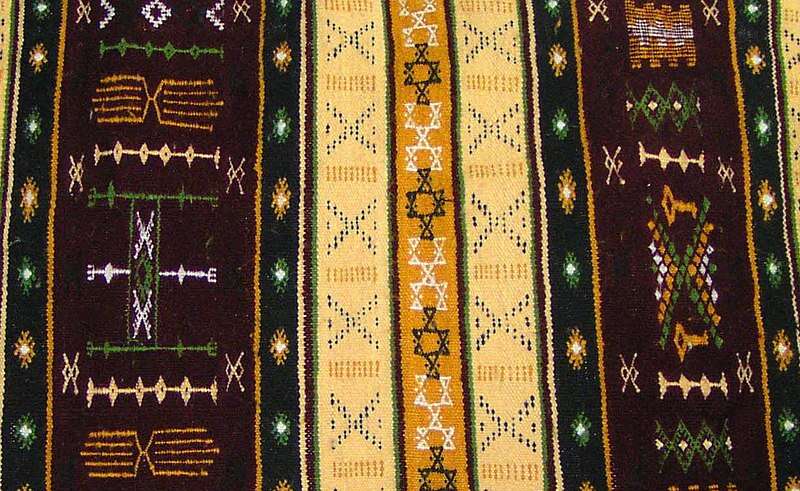
Tunisia’s first democratically elected president Beji Caid Essebsi died in July 2019. Following him, Kais Saied became Tunisia’s president after a landslide victory in the 2019 Tunisian presidential elections in October. On 25 July 2021, amid ongoing demonstrations concerning government dysfunction and corruption and rises in COVID-19 cases, Kais Saied unilaterally suspended parliament, dismissed the prime minister, and withdrew immunity of parliament members. On 29 September, he named Najla Bouden as the new prime minister and tasked her with forming a cabinet, which was sworn in on 11 October. In April 2023, the Tunisian government closed the headquarters of the Ennahda party and arrested its leader Rached Ghannouchi. In October 2023 Abir Moussi, head of the Free Destourian Party (FDL), became the latest prominent opponent of President Saied to have been detained or imprisoned. On 6 October 2024, President Kais Saied won a second term with more than 90% of the vote in a presidential election with a 28.8% turnout. Five political parties had urged people to boycott the elections.
Tunisia was the only democracy in North Africa until 2021. After the 2022 constitutional referendum, Tunisia became a unitary presidential republic. Rare for the Arab world, women held more than 20% of seats in the country’s pre-revolution bicameral parliament. In the 2011 constituent assembly, women held between 24% and 31% of all seats. Tunisia is included in the European Union’s European Neighbourhood Policy (ENP), which aims at bringing the EU and its neighbours closer. On 23 November 2014, Tunisia held its first presidential election following the Arab Spring in 2011. The Tunisian legal system is heavily influenced by French civil law, while the law of personal status is based on Islamic law. Sharia courts were abolished in 1956.
A Code of Personal Status was adopted shortly after independence in 1956, which, among other things, gave women full legal status (allowing them to run and own businesses, have bank accounts, and seek passports under their own authority). The code outlawed the practices of polygamy and repudiation and a husband’s right to unilaterally divorce his wife. Further reforms in 1993 included a provision to allow Tunisian women to transmit citizenship even if they are married to a foreigner and living abroad. The Law of Personal Status is applied to all Tunisians regardless of their religion. The Code of Personal Status remains one of the most progressive civil codes in North Africa and the Muslim world.
Tunisia maintains diplomatic relations with over 160+ countries. Former President Zine El Abidine Ben Ali has maintained its long-time policy of seeking good relations with the West, while playing an active role in Arab and African regional bodies. President Habib Bourguiba took a nonaligned stance but emphasized close relations with the European Union, Pakistan, and the United States. Tunisia is the 73rd most peaceful country in the world, according to the 2024 Global Peace Index.




